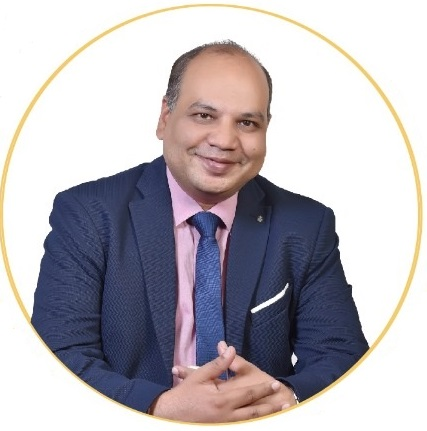WHAT SHOULD YOU DO ONE DAY BEFORE THE EXAM AND ON EXAM DAY
The day before your exam:
1. Relaxation is Key
The day before the exam, the most important word is "RELAX!" Take a deep breath and calm your nerves. You've put in months of preparation; now is the time to bring it all together.
2. Review Your Notes
Your study notes should be your best friends at this point. Ideally, you've prepared summaries or highlighted essential sections for quick reference. Focus your last-minute revision on these key areas.
3. Prioritize Sleep
A good night's sleep is essential for maintaining alertness during the exam. Rest well and recharge your mind.
On the Exam Day:
1. Continue to Stay Calm
Once again, remember to "RELAX!" Reach the exam center at least half an hour before the scheduled time. Ensure you have all necessary items, such as your admit card and stationary.
2. The Hour Before the Exam
The hour leading up to the exam is crucial. Do whatever makes you feel confident and composed. We recommend taking at least 30 minutes to calm your nerves before the exam officially begins.
3. You've Got the Paper
As you receive the paper, you may find that you're unsure about the first question. Remember, you don't have to answer every question to pass. Focus on providing correct and well-structured answers, not on attempting every single question.
During the Exam: Time Management
Time management is a key factor during the exam. Here's a breakdown:
Total exam time: 180 minutes
Time required for initial paper inspection, writing your roll number, signing attendance sheets, and setting up your sheets: 10 minutes
Minimum time for paper revision: 10 minutes
Time left for writing the paper: 160 minutes
Total marks: 100
Time available per 1-mark question: 1.6 minutes
Allocate your time wisely and avoid spending too much time on a single question.
After the Exam: A Fresh Start
After submitting your paper, your exam cycle starts again for the next one. Some crucial post-exam tips:
Don't check your paper yourself.
Avoid discussing the paper with fellow students or searching for answers in textbooks.
Head home and prepare for your next exam.
Writing an Exam: Tips for Success
Your exam paper is your way of communicating with the examiner. It's not just about correct answers; it's also about effective presentation.
How to Answer Practical Questions
Explain your answers in a step-by-step manner, demonstrating a clear thought process. This allows the examiner to follow your logic and understand your approach.
How to Answer Theory Questions
For theory questions, presentation is paramount. Break your answers into paragraphs or bullet points. Underline headings and main points to guide the examiner's attention. Avoid using pencil or highlighters, and make sure your handwriting is legible, as poor handwriting and grammatical errors can leave a negative impression.
A Golden Rule: Make It Easy for the Examiner
Efficiently planning your answers before writing is essential. Your presentation begins with your planning. If you make it easy for the examiner to follow your responses, they are more likely to reward your efforts.
In conclusion, staying calm, managing your time effectively, and presenting your answers clearly are essential elements for success in your exams. By following these guidelines, you can optimize your performance and increase your chances of excelling in your Chartered Accountancy exams.

Author
CA CPA Vinod Kumar Agarwal
Founder - A.S.Foundation CA Coaching Classes, Pune
AIR 2nd, 4th & 24th in Foundation, Inter & Final respectively.
20+ Years of Rich Teaching Experience in CA Coaching
India's No#1 Faculty for FR / SFM / Accounts / FM Eco.


